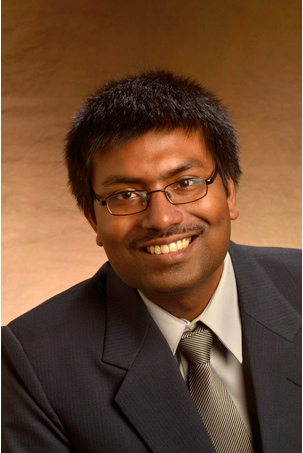Most preK-12 school districts in the United States dedicate significant resources to safeguard against active shooters, e.g., school hardening, community planning, identification of suspicious behavior, crisis training for law enforcement, and training exercises for students, teachers, and all school personnel. However, when such an active-shooting event is in progress, only vague guidance is available to students and school personnel in the form of directives such as the "run-hide-fight" protocol. The Active Shooter Tracking and Evacuation Routing for Survival (ASTERS) project will complement these efforts by tracking a shooter in real time across multiple cameras and microphones, calculate the optimum evacuation path to safety for each student, teacher, and staff member, and communicate this information through a mobile app interface that is co-created in partnership with a connected community of students, parents, educators and administrators as well as school resource officers and school safety officers. ASTERS will incorporate multi-modal sensing, machine learning and signal processing techniques to accurately localize a gunman and weapons while preserving privacy of school community members. It will also use new computer vision and high-performance computing solutions to estimate crowd density and movement of people, and novel optimization and real-time simulation algorithms to predict ideal evacuation routes based on the building layout and predicted movement of the shooter. ASTERS will collaborate with schools to develop an annotated, multi-modal active shooter data set using a combination of digital simulation data and real-life practice drills. The research team will also partner with first-responders to ensure that ASTERS aligns with their needs.
